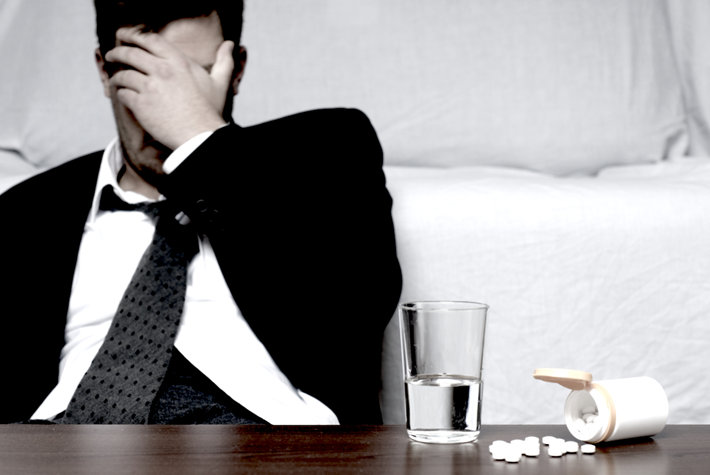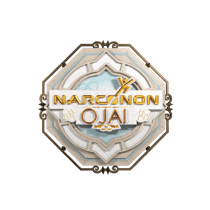Depression: Solved by Drugs or Caused by Drugs?

There is a strong connection between substance abuse and depression. The vast majority of people who abuse drugs and alcohol also suffer from other, worrisome difficulties in their minds and in their behaviors. The most common psychological difficulty that the largest percentage of Americans complain of is depression. The manifestation of depression is often found in individuals who also abuse drugs and alcohol. Drug use and alcoholism are proven to increase feelings of depression, sometimes to the degree of suicidal ideation.
According to research, about one-third of adults who have a substance abuse crisis also struggle with depression. Substance abuse brings about depression, especially with alcohol which is already a depressant substance on its own. While any drug can bring about depression in a user, certain drugs are even more prone to doing so. Opioid drugs like heroin and prescription painkillers, for example, are depressants and will reduce one’s overall enjoyment of life, making one feel depressed, lethargic, apathetic, shiftless, and upset in general.
The Debate on Depression
The debate that seems to surround depression and substance abuse is a question of which came first, the depression or the substance abuse. A lot of people start taking drugs or alcohol because they feel depressed and so they abuse substances to cope with the depression. This never helps, and only worsens depression symptoms. It also brings on a plethora of other problems too, problems that end up being more difficult to overcome than the depression would have been had it been addressed with more holistic, alternative, natural methods.
Some people do not start off feeling depressed but turn to drugs and alcohol for some other reason. Then, as a result of abusing substances, such individuals end up experiencing depression as a side effect. Depression is common, it’s serious, and when combined with substance abuse it makes the condition that much worse for the individual.
More often than not, drug abuse either causes depression or exacerbates existing depression. Most recovering addicts will agree that, even if they struggled with depression before consuming substances, the depression they felt after engaging in substance abuse was on an entirely different level of severity.
Resolving Depression and Substance Abuse

Most instances of depression can be remediated with certain vitamins, minerals, supplements, a good and nutritious diet, regular exercise, living in a pleasant environment, and surrounding oneself with good and caring, loving people.
Taking drugs, even psychotropic drugs that are designed to alleviate depression (antidepressants) is not the best decision for the vast majority of depressed individuals. In fact, even antidepressants explicitly say on the bottle that a side effect of them is more depression.
People need to understand that it’s very normal to feel depression, even for extended periods of time. It’s all part of living in the hustle and bustle of modern-day life. The above, holistic and natural techniques are very effective in helping the majority of people who feel depressed.
When people become addicted to drugs and alcohol and then feel depressed as a result, the solution is to get off of drugs and alcohol as quickly as possible. Drug and alcohol rehab centers can help people who are hooked on anything, no matter what psychological difficulties the person might be struggling with.
Depression and substance abuse twirl a wicked dance in tandem with each other. They each make the other far worse. People who struggle with depression and substance abuse need to focus on getting off of addictive substances and then addressing their depression with more holistic, natural, and non-addictive methods.
Sources:


